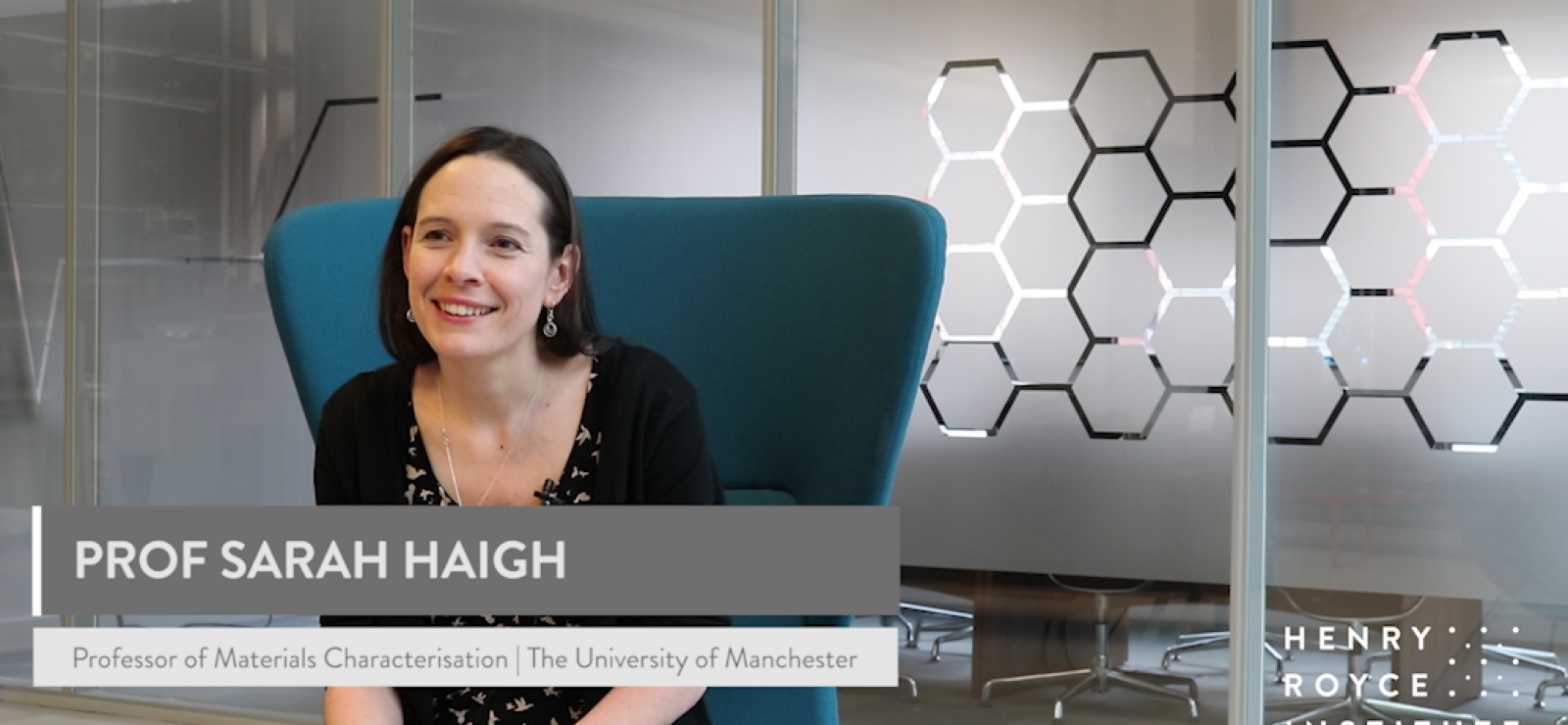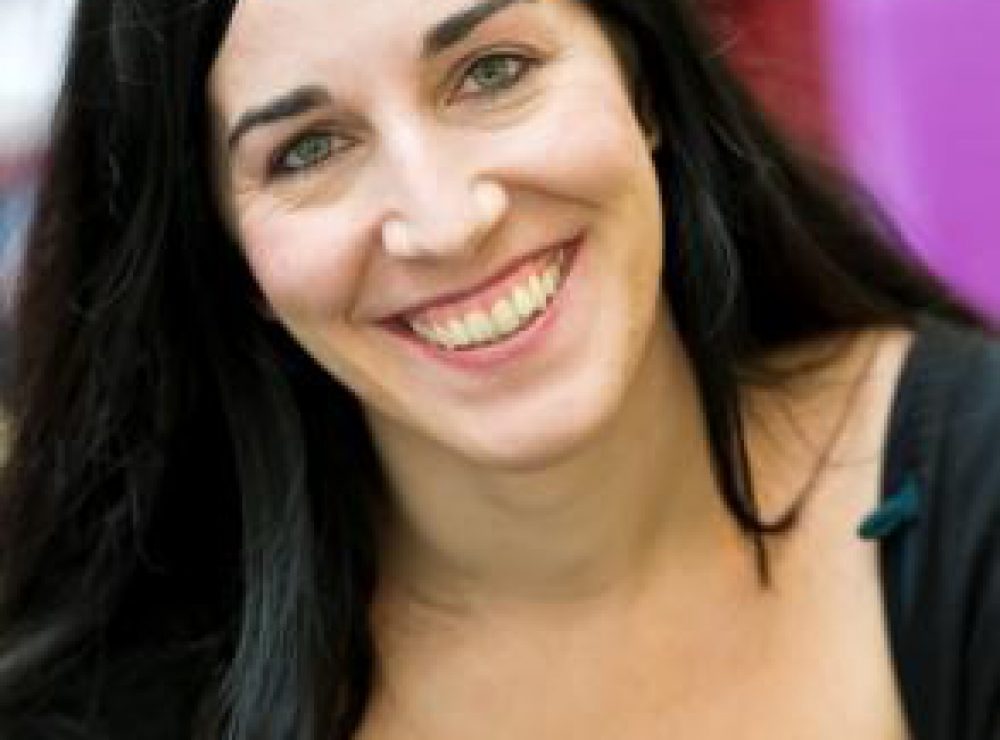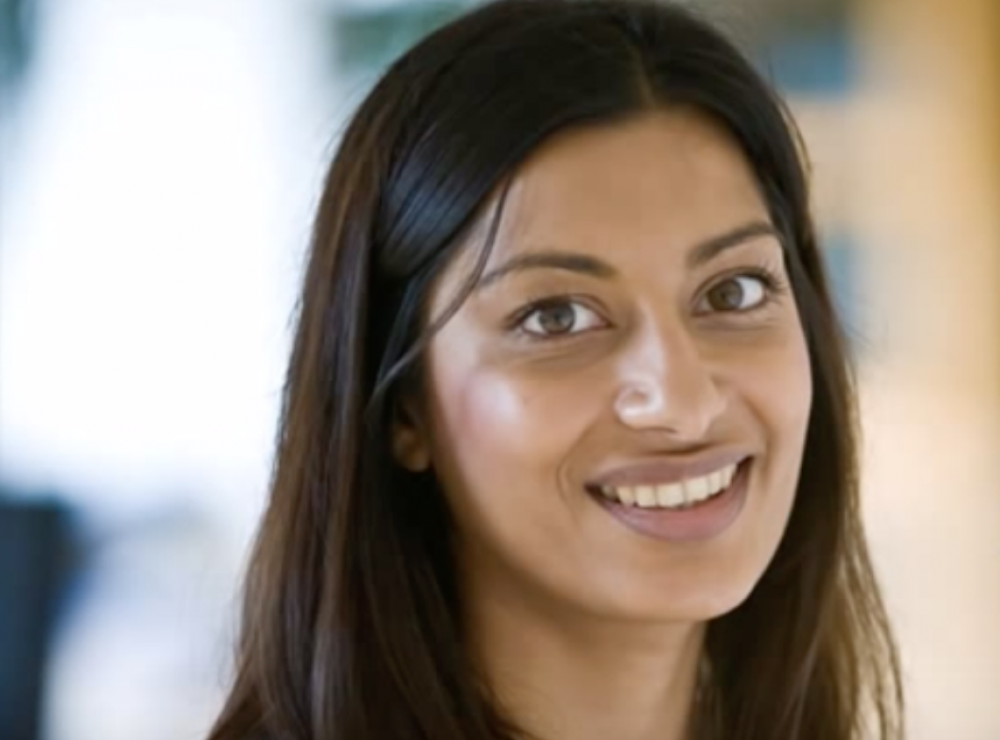This website uses cookies so that we can provide you with the best user experience possible. Cookie information is stored in your browser and performs functions such as recognising you when you return to our website and helping our team to understand which sections of the website you find most interesting and useful.

Royce speaks to ... Prof Sarah Haigh
Celebrating International Women's Day 2019
Prof Sarah Haigh
Sarah’s research focuses on the use of advanced transmission electron microscopy techniques in order to improve our understanding of the relationship between the electrical or magnetic properties of graphene and its atomic-scale structure and composition.
I think we need to encourage women in science right down from primary school and before that. I think a lot of our aspirations are fixed right down at that early stage


Sarah also features in Graphene@Manchester ‘Women in a 2D world’ interview:
Acknowledging female researchers on the basis of their merit rather than their gender is a perspective that also resonates with Sarah. On the one hand, outreach activities may benefit from disproportionate representation of female scientists, as they can raise awareness of women’s contribution to science and reform gender stereotypes within the next generation. However, she feels it is important that the need for diversity, for example on interview panels, at progression meetings, and in outreach does not overly burden, and therefore negatively impact, minority staff and students.
In Sarah’s view, careful monitoring of unconscious bias in job adverts and administrative policies can help, and in particular setting transparent and realistic criteria for job and project selection will benefit everyone.
While these efforts are crucial to remedy the existing societal gender bias in academia, both researchers agree that the issue of gender equality has to be incorporated into children’s education at a much younger age. Improving the visibility of inspirational role models, be they male or female, as well as promoting inclusivity will become one of the core challenges of our time. Public attitudes and norms are changing, deems Sarah, as women confront prejudice and refuse to accept discrimination. But solidified stereotypes may be hard to break.
- Words Dr Julia Tesch | The University of Manchester
Click here to read this article in full




